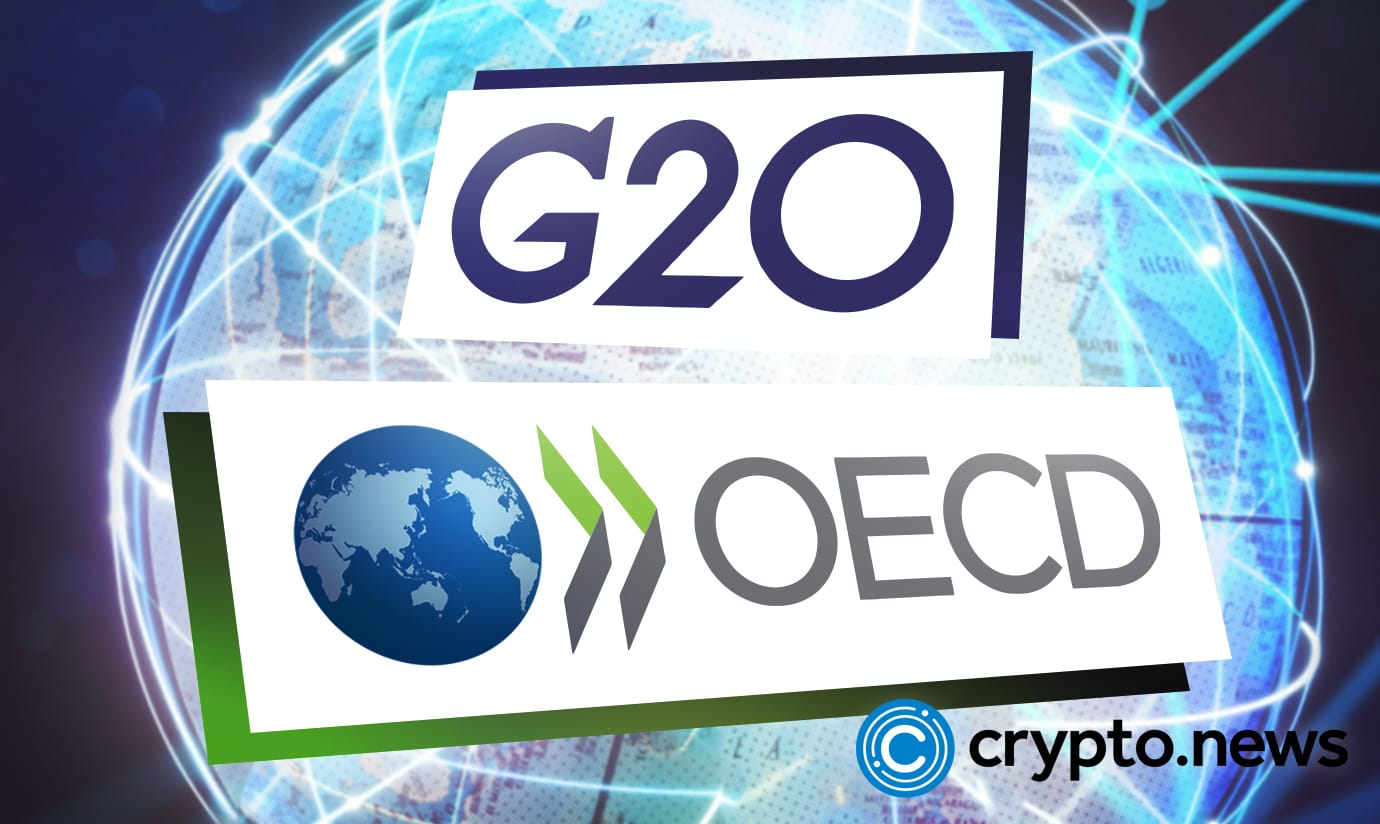OECD concerned about crypto’s close ties with traditional finance

The Organization for Economic Cooperation and Development (OECD), in a Dec. 14 whitepaper titled “Lessons from crypto winter”, raised concerns about the increasing ties between crypto companies and traditional financial systems, a development it fears might lead to financial hiccups in the next crypto winter.
OECD’s view
The whitepaper pointed out the mechanism of decentralized finance (DeFi) versus centralized finance (CeFi) and the extent to which the rigorous decline in crypto fortunes since its last climax in November 2021 has affected traditional finance thus far.
Aside from the disproportionate impact of the crypto turmoil on traditional finance, the whitepaper also revealed an increasing connection between DeFi and CeFi components, mainly in creating new products.
In OECD words:
“CeFi and DeFi players are currently heavily intertwined; CeFi is in many ways the lifeline of DeFi as the former is the primary source of funds and collateral flowing into DeFi (by means of stablecoins, as an example) and is the (more user-friendly) entry point for many users wishing to participate in DeFi.”
The OECD, while justifying its earlier calls for policy actions and adoption of the recommendations, also expressed fears about the high concentration of stablecoin holders on Defi and Cefi platforms, a development it feared could lead to market domination and other distortive effects for more expansive space.
About OECD
The OECD is a 61-year-old intergovernmental organization with a presence in 38 member countries.
It works with policymakers of its member countries to establish solutions for various social, economic, and environmental problems while adhering to international standards founded on reliable data.














